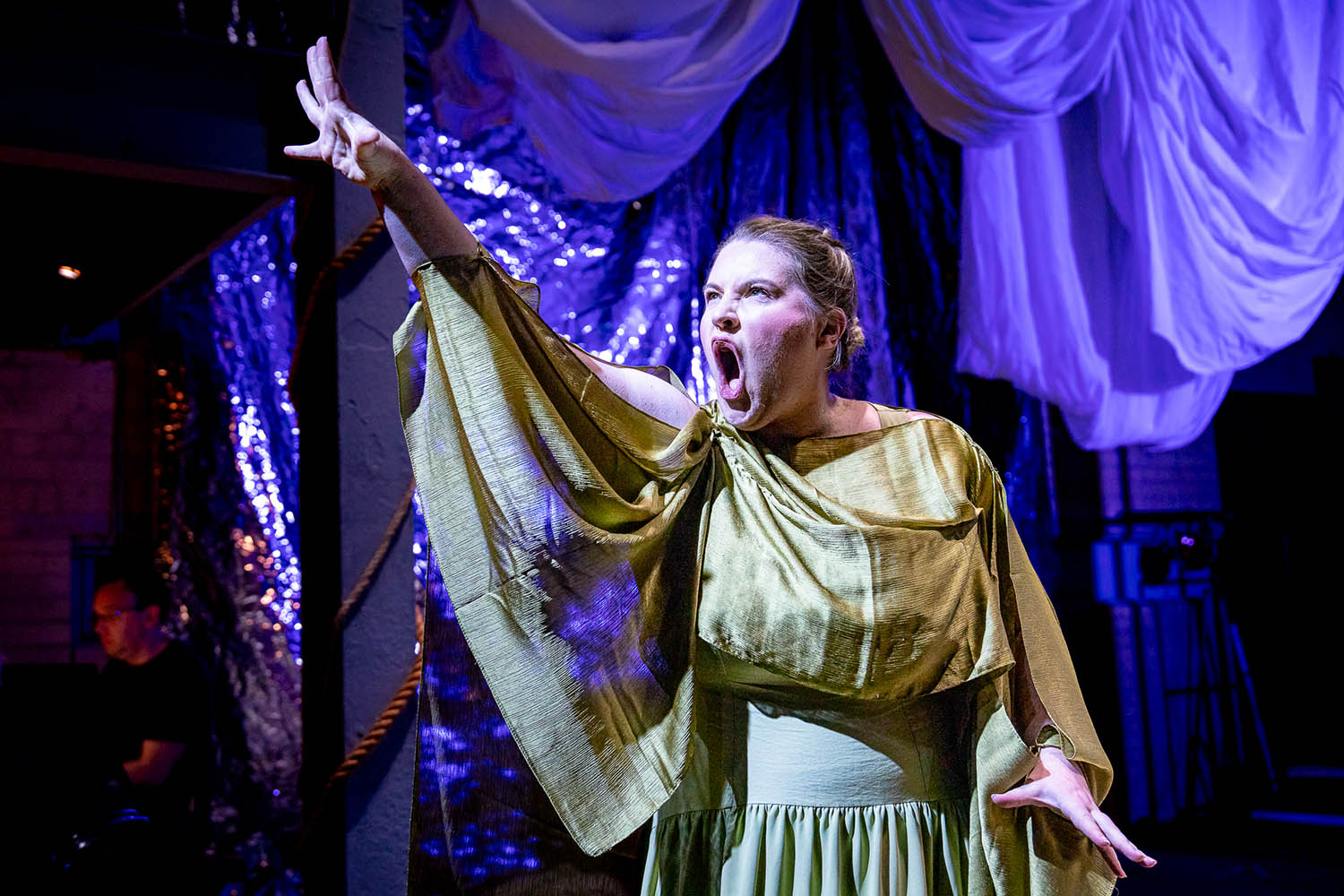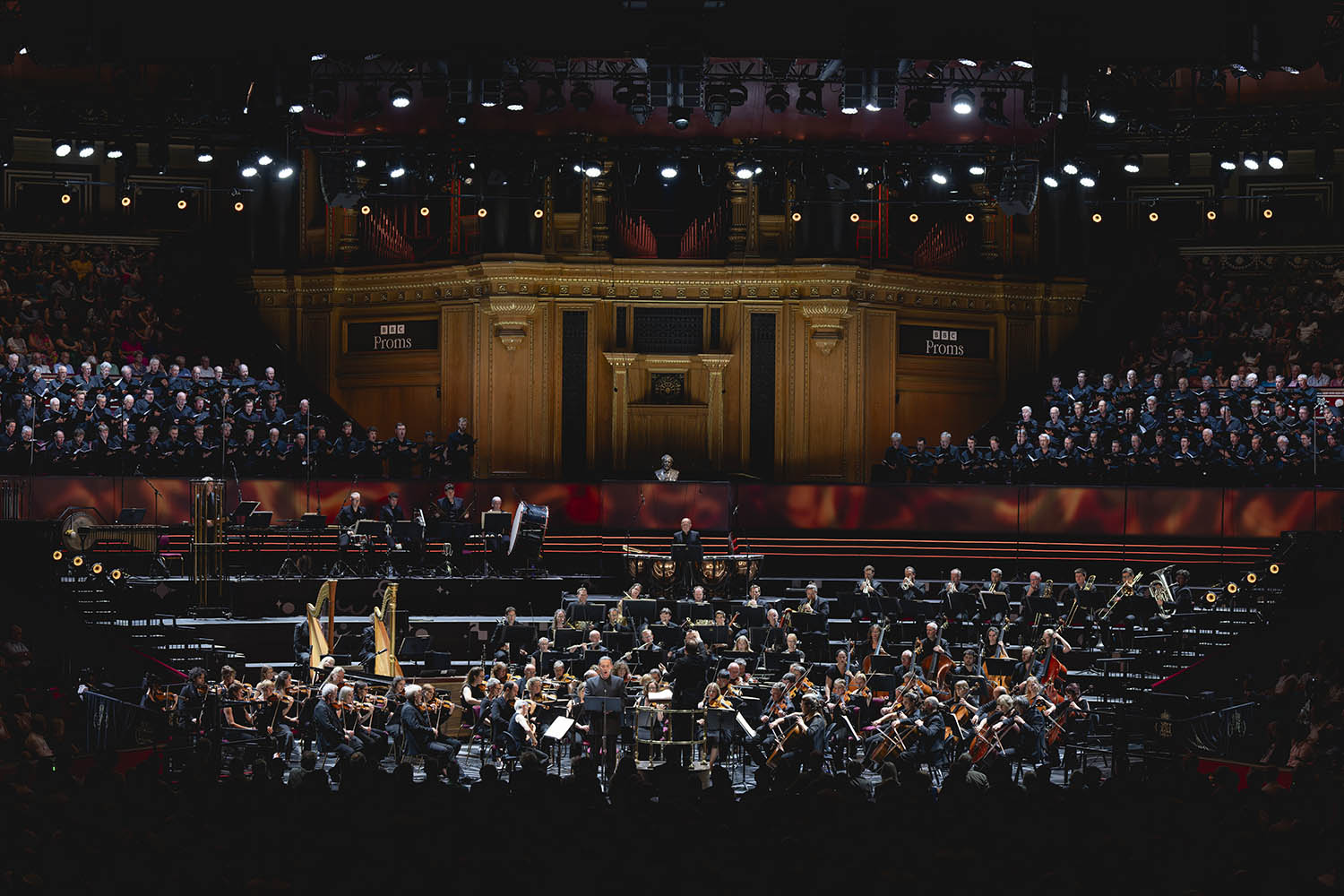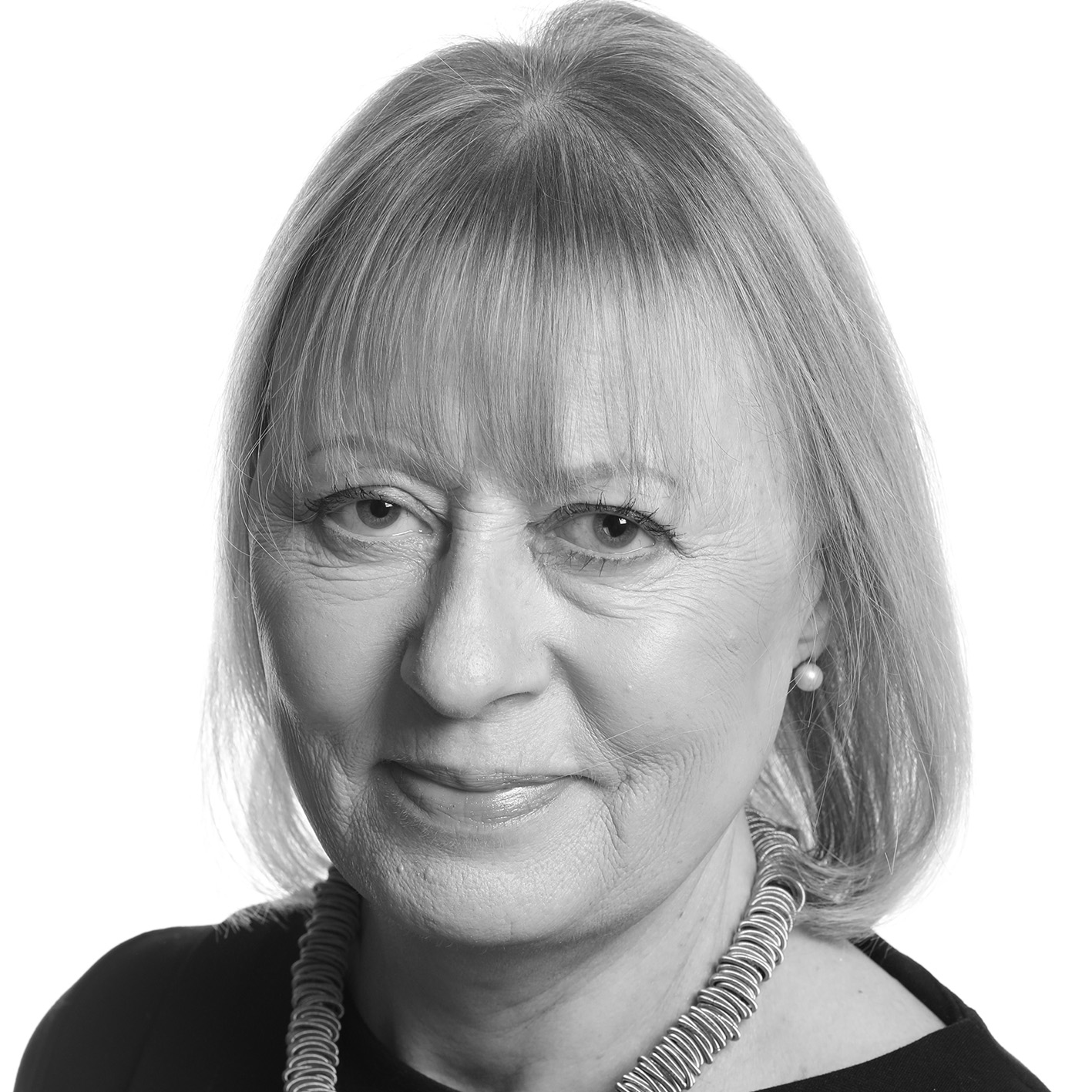For anyone whose summers are shaped by eight weeks of BBC Proms, there’s a mid-August, mid-season turning point. The bounty, stretching out so lavishly at the start as to prompt momentary ennui, is now finite. Every chance has to be grabbed – to go in person, to listen or watch if not. This season, winningly devised, has been exceptional. Consider the paradox: an art form in crisis, both in terms of diminishing public support and education, is a magnet night after night for nearly 6,000 people, attentive, silent, those in the arena (tickets £8) standing throughout. The crowd is mixed in age: it is not a “silver lake” audience, to borrow a German expression. How has this happened? A cynic might explain it by tourists and touts.
The reasons are more interesting and complex. Every era is one of anxiety, but the hunger for collective musical engagement is unstoppable. This is not a worldwide phenomenon – in the US, for example, ticket sales are less rosy – but specifically evident in the UK, with the Proms being a central player. The way music wordlessly mirrors life is key to its potency.
At the hour set for Donald Trump and Vladimir Putin’s summit in Alaska, the BBC National Orchestra and Chorus (lower voices) of Wales began a performance of Shostakovich’s Symphony No 13 in B flat minor, Babi Yar (1962). Ukraine is at the heart of this dark elegy. The work records, via the poetry of Yevgeny Yevtushenko, the murder by Nazis of thousands of Jews near Kyiv.
Geography, sovereignty and brutality impressed itself on heart and mind throughout this urgent account
Geography, sovereignty and brutality impressed itself on heart and mind throughout this urgent account
Different circumstances, but the alignment of geography, sovereignty and brutality impressed itself on heart and mind throughout this urgent account, conducted by Ryan Bancroft. Lithuanian bass-baritone Kostas Smoriginas was an affectingly austere soloist, carrying the weight of Yevtushenko’s outraged words.
The concert’s first half was taut and detailed. If rehearsal time had to be focused here, no one should wonder: Sofia Gubaidulina’s Revue Music for Symphony Orchestra and Jazz Band was a UK premiere, with smoochy close harmonies from Synergy Vocals. Oppressed by Soviet authorities at the time – the 1970s – Gubaidulina was glad of a generous fee for this riotous, extrovert work, so different from most of her output.
Ravel’s Piano Concerto in G major followed, with Benjamin Grosvenor the meticulous but insouciant and limpid soloist. The orchestra gleamed and crackled as required. Grosvenor’s crazily virtuosic encore was from Prokofiev’s Sonata No 7 (1943), a barbaric avalanche of notes from the second of his “war sonatas”. Was this chameleon figure expressing his private feelings about Stalin? Who can say.
In a Royal Philharmonic Orchestra Prom, mass fandom combined with meditations on global destruction and loss through the figure of Japanese composer-conductor Joe Hisaishi, creator of Studio Ghibli film scores including My Neighbour Totoro and The Boy and the Heron. A longtime interpreter of the music of Steve Reich, he conducted The Desert Music (1982-4), superbly done by the RPO, BBC Singers and National Youth Voices. Reich’s warning against nuclear weapons, a masterpiece of rhythmic ingenuity, sets words by William Carlos Williams. In the week of VJ Day, with a strong Japanese presence in the auditorium, it was impossible not to think of Nagasaki and Hiroshima.

Elizabeth Findon seems ‘born to the role’ of Isolde in Tristan und Isolde at the Arcola
Hisaishi’s own symphonic suite The End of the World (2009/15) was written after the composer visited New York’s Ground Zero site. Jazz and soul, electronica, pentatonic scales and chorus (BBC Singers and Philharmonia Chorus) meet head-on with elegant fluency and a growing mood of alarm. Hisaishi ends his piece with the Skeeter Davis hit from the 1960s The End of the World, ethereally sung by the star American countertenor John Holiday in his Proms debut. Concert life would perk up if soloists took a couture cue from Holiday’s glitzy gold lamé and silver example. (Joe Hisaishi Conducts, which includes The Desert Music, is out now on Deutsche Grammophon.)
Meanwhile, in a windowless, nearly airless venue in east London, Grimeborn opera’s season is under way (until 13 September). This radical enterprise offers a varied programme, shrinking grand musical edifices to doll’s house scale using just a few props.
The choice this year was Wagner’s Tristan und Isolde. Played mainly by piano and string quartet, this reworking pushed attention towards voice and drama. Conducted and arranged by Michael Thrift, directed by Guido Martin-Brandis, cleverly designed,deftly surtitled, it was intense and thrilling. There was impressive singing throughout, notably from Elizabeth Findon taking on Isolde for the first time with rich, pure tone, as if born to the role. It could have been four hours of endurance, especially on a hot night, when it might have been cooler to go to a sauna. But this intimate Wagner gripped from start to finish.
Newsletters
Choose the newsletters you want to receive
View more
For information about how The Observer protects your data, read our Privacy Policy
Photographs by BBC/Steve Gregson

